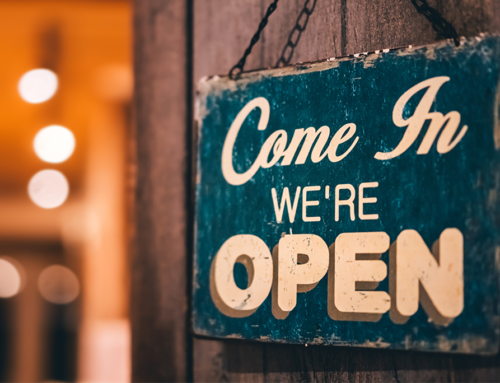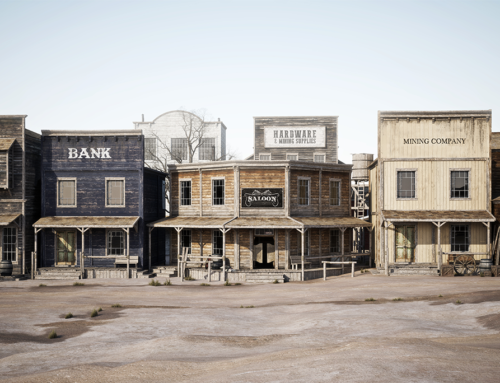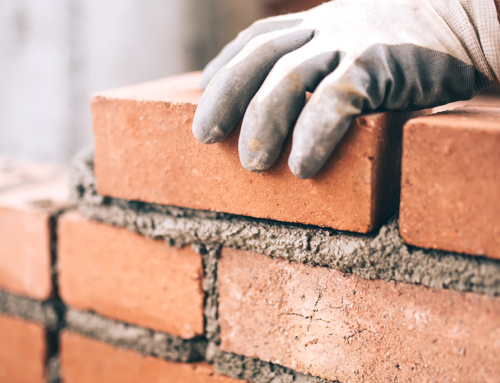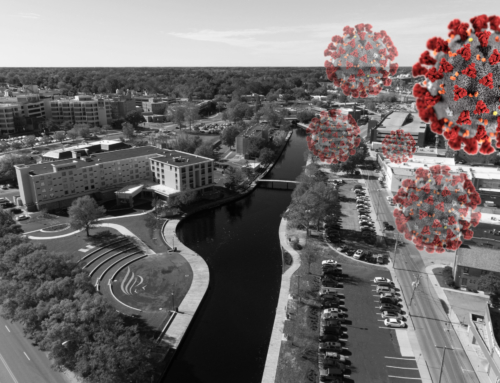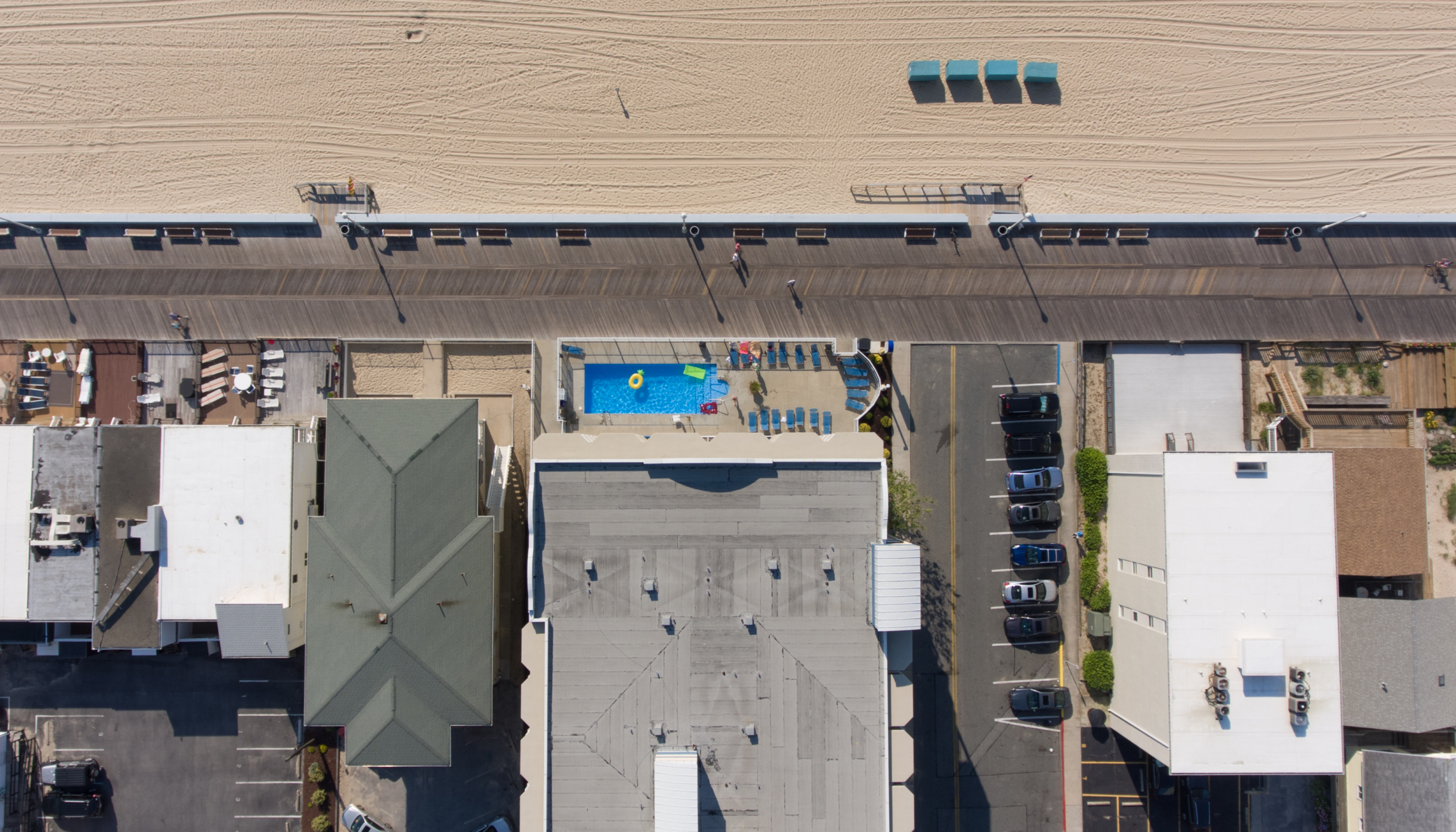
The new normal. How often have you heard those three words over the last six months? They seem to be the preferred term used to describe the major lifestyle changes thrust upon us since the turn of the year. As with most things, the commercial real estate industry has faced—and overcome—a number of challenges in the wake of the coronavirus pandemic. The Delmarva Peninsula has been no stranger to these challenges.
As an Eastern Shore native, I’ve spent a lifetime watching Ocean City transition in the early summer months, going from a small, tight-knit town to a regional tourism hub, and back again post Labor Day. The commercial real estate advisor in me has noticed the massive impacts of the virus on our tourism-based economy… more importantly, the community member and friend in me has watched my town band together to support each other and local commerce. The last few months may have been enough to strain the ties that bind us, but the strength of our Delmarva community has, without a doubt, prevailed.
Driving up and down Coastal Highway, it’s difficult to see the direct changes and visualize the virus’ impact… people still go to the beach, restaurants still have a waitlist, parasailers still float through the sky and the Boardwalk is still packed with people of all ages. So, what’s different? How has Ocean City’s status quo been uprooted? What goes on behind the scenes to keep the inflow of tourist traffic and revenue flowing?
Let’s start by looking at changes within the most basic business locations. The places from which towns and cities of all sizes are managed—office buildings. Google, Microsoft, Amazon and others have extended their work-from-home orders, and many have already told their employees they don’t have to physically return until 2021. But what will the office environment be when they return? Obvious changes have already been set in motion… separating individual employees in workstations placed six feet apart, reducing the number of employees in a room by as much as half, and the list goes on. In the 1930’s employers placed desks side by side utilizing an open concept to fit as many people as possible in a room—much like sardines in a can. By the late 1960’s a new concept was introduced to the American workforce. Instead of packing employees together, why not allow them the privacy of their own workstation? Yes, the dreaded cubicle. In recent years, we made a shift back to the old-school way of thinking and co-working spaces have remerged under the belief that they feed creativity and enable employees to thrive in a collaborative environment. Since COVID’s arrival, we have once again shifted back to cubicles, but with a modern-day twist. In most offices, you will find employees separated by clear barrier walls, preventing the spread of germs while allowing the workforce to not feel disconnected from one another while practicing social distancing.
How does this workplace trend extend beyond the walls of an office building and into the Town of Ocean City? Hotel operations are a great place to start. The days of housekeeping, breakfast buffets and mints on a pillow are gone, now replaced with extra distancing and sanitation measures. The clear barrier walls used in office buildings are now a commonplace often found in lobbies as hoteliers implement dramatic changes to the way they interact with the public. When guests arrive, Ocean City hospitality staff are masked, gloved and separated from guests. Rooms are now cleaned between stays rather than throughout. Fresh towels can be found at the front desk rather than hanging in your bathroom. Standard checkout procedures now include dropping your key in a container of disinfectant rather than handing them to a clerk. Pool and exercise access? That’s dependent on your choice of hotel. Although there is very little that can be considered ‘normal’ during a 2020 hotel stay, Ocean City’s owners, managers and staff remain committed to providing safe, healthy and operational places to rest your head while visiting Maryland’s Eastern Shore.
When it comes to dining, the overall experience looks much different than we’re used to. While lines and waitlists aren’t a new concept, they seem to be amplified by mandated capacity limits and distancing requirements. Between tables and booths, you will surely find the same barrier walls used in offices and hotels. Disposable, limited selection menus are now standard, and carryout is becoming increasingly popular.
Regardless of industry, business owners across the board have had to implement major changes with the goal being not only to remain in business, but to maintain the same quality of services as before the virus made its appearance in the United States. In spite of what naysayers may say, I will close by proclaiming that the grit and determination demonstrated in the establishment of our great Country is still within us today. As a community, we will get past COVID-19. As silly as it sounds, there is a lot of truth to the old Dale Carnegie quote, “Remember, today is the tomorrow you worried about yesterday.”
About the Author

Eric Cropper
Eric Cropper has spent over twenty-five years as an Eastern Shore entrepreneur and has the experience and local knowledge needed to help you reach your real estate goals. Throughout the course of his career, Cropper has owned and operated an Ocean City motel along with other rental properties, managed his family farm, worked as a licensed insurance agent and also as a NASD financial advisor. He specializes in the sale of hotels, restaurants and marinas and is backed by knowledge that makes him an asset in local development projects.


